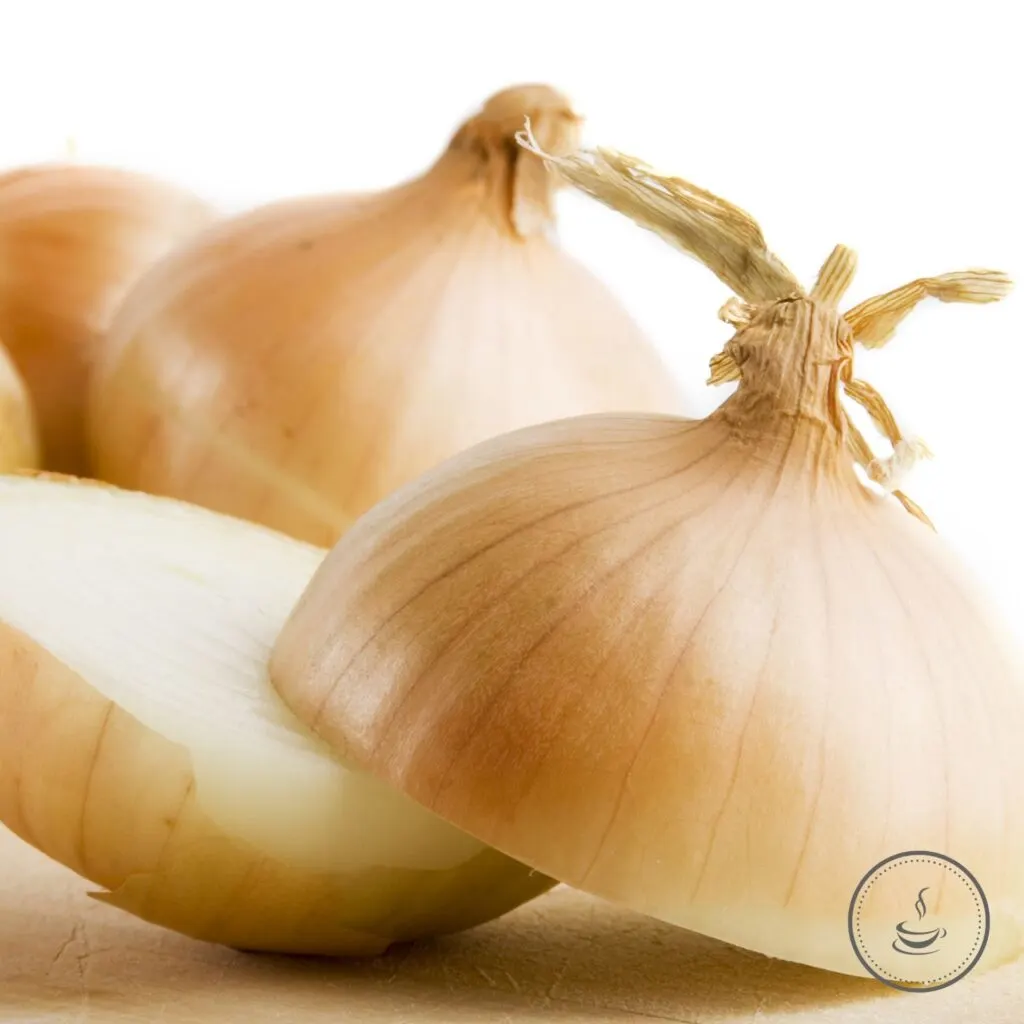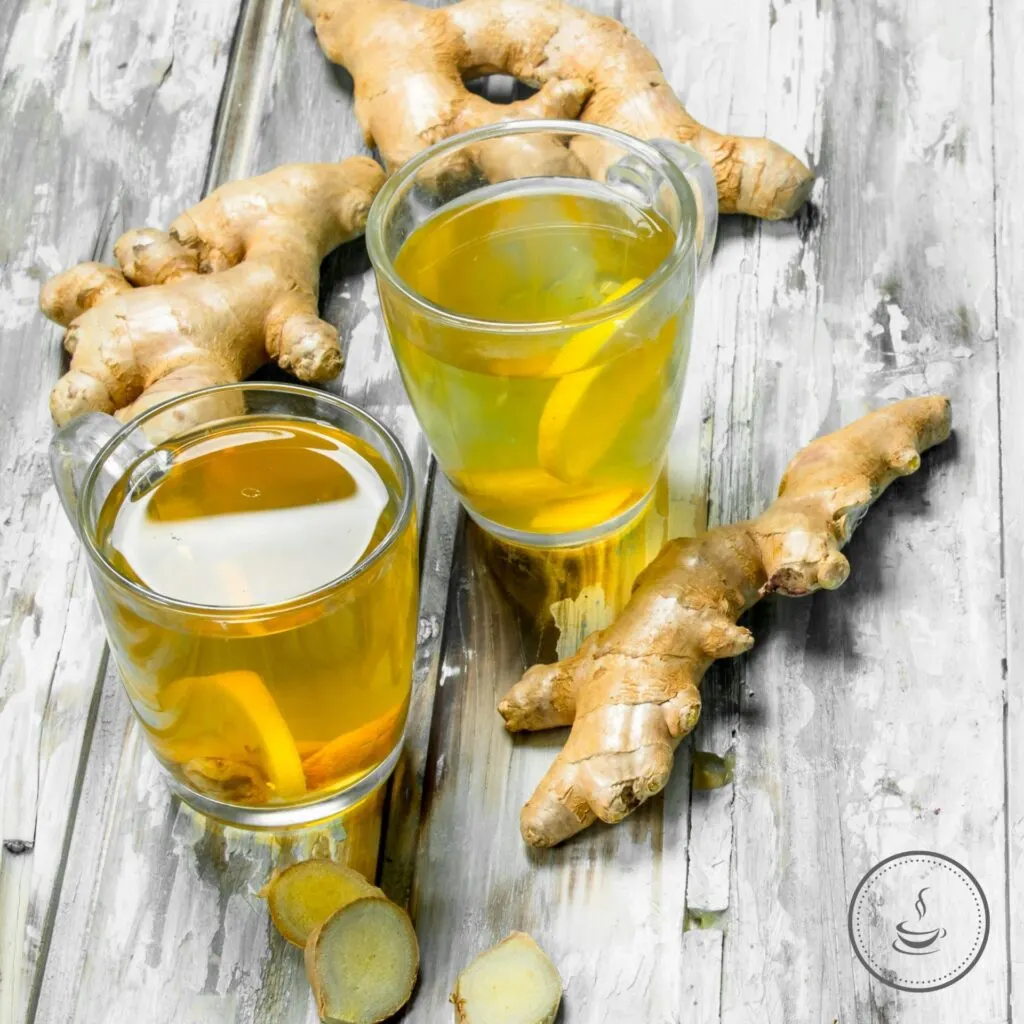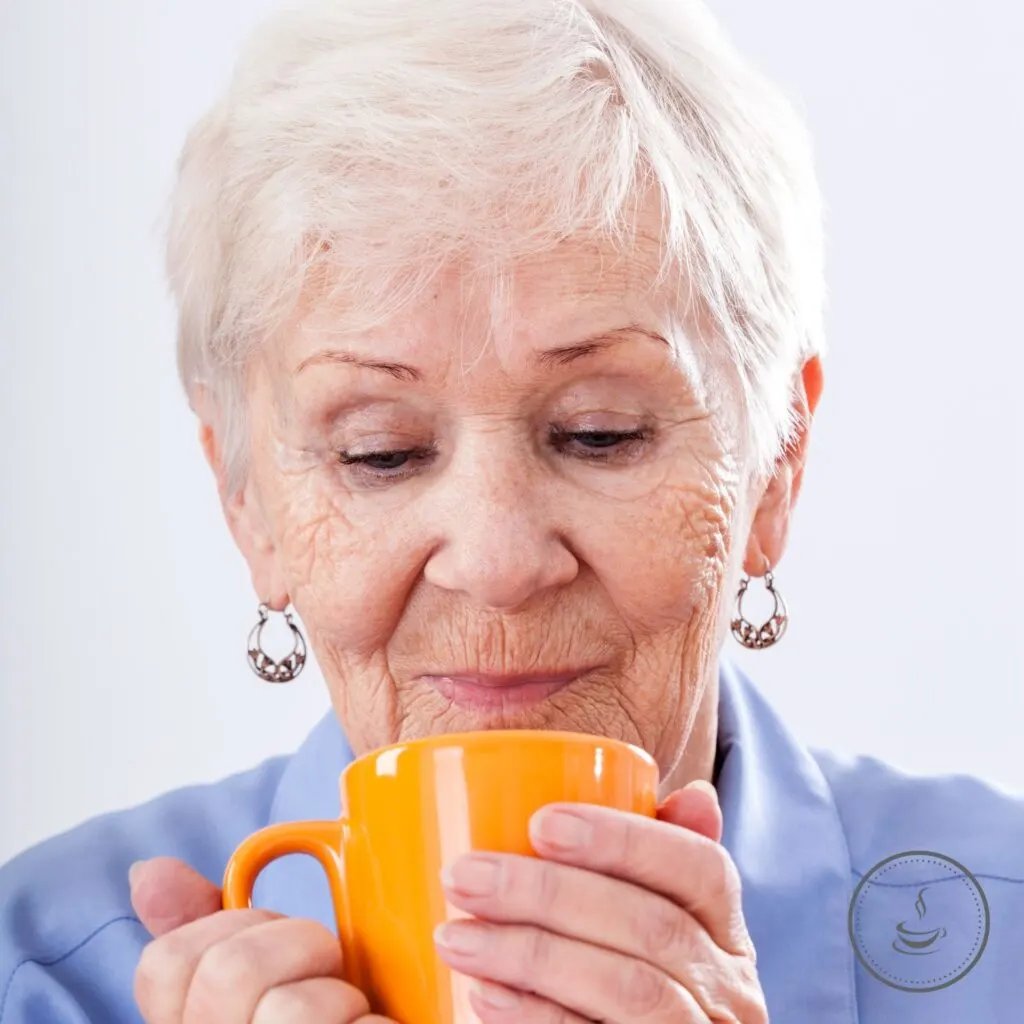Families with young children know what I’m talking about when I mention a constant stream of minor ailments and illnesses. But many of us don’t want to head to the pediatrician and pick up some additional bugs in the waiting room. So we like to fall back on the home remedies that our grandmas used to recommend for most common health problems. Many of them can be found in the home anyway or they are available for little money in any supermarket. But there’s one nagging question: Do home remedies actually work? Or are their healing powers the stuff of fairy tales?
In this post, I’ve collected a number of home remedies that are actually proven to be effective – and a few pieces of grandma wisdom that are hard to get rid of, even though they are untrue.
Important disclaimer
I would like to point out that here at The Simple Balance, we are not medical doctors. If your child, or someone else in your home, suffers from illness symptoms for several days, develops a high fever or a noticeable deterioration of their general condition, it is always imperative to seek the advice of a medical professional. Dr. Google is not your friend!
1. Onions as a home remedy for ear infections
Children are especially susceptible to ear infections and inner ear pains. There can be a multitude of potential causes for these, so if the pain doesn’t subside quickly after administering this home remedy, a doctor needs to be consulted. Grandma always recommended onions as part of her home remedies for ear pains.
How it’s done
Cut the onions into small cubes, put them in a small sachet or a reusable teabag, and optionally briefly warm them up in the microwave (check that they are not too hot to touch the skin!). Place the sachet on the ear and keep it in place with a hat or headband.
What’s behind this?
Onions contain compounds that work as a natural antibiotic. They also have been proven to have antimicrobial, antiasthmatic and antiallergic properties.
Notes
Onions and any other “remedies” have no place *in* the ear! Some publications mention putting garlic cloves and other things into the ear – please don’t do that!

Onion broth in honey as a home remedy against coughing
Grandam always attacked a nasty cough with onions.
How it’s done
Cut up onions are mixed with liquid honey and left to “marinate” for a few hours. The resulting broth can be taken one spoon at a time every few hours.
What’s behind this?
In addition to the onion compounds mentioned above, honey also has anti-inflammatory properties and softens the phlegm, so that it becomes easier to cough up.
Notes
Honey should not be used for children under 12 months of age (not in this or any other home remedies!). A persistent or whooping cough should always be checked by a doctor.
Chicken soup against cold and (almost) anything else
Ah yes, good old chicken soup. There’s hardly anything that it isn’t alleged to cure. Grandma always said that it helps against colds, but also strengthens the body after exhausting illnesses, digestive tract infections, and even childbirth (the mom’s body, of course).
How it’s done
Cook a soup from fresh vegetables and an (organic) chicken for several hours.
What’s behind this?
There are indications that chicken soup inhibits certain immune cells and thus has anti-inflammatory properties. Certain proteins in chicken meat are strong antioxidants. But mainly, the warmth of the soup improves circulation and thereby stimulates a better distribution of immune cells and softening of phlegm. In addition, the soup contains lots of energy and electrolytes, which help with quick recovery.
Notes
Especially for small children, make sure that the soup is not too hot when serving. Cut up vegetables and chicken pieces as small as possible to avoid choking hazards.
4. (Hot) lemon to boost immunity
Grandma says a lot of vitamin C strengthens natural immunity. Lemons are sour because they contain lots of vitamin C. But is that really true?
How it’s done
For hot lemon, mix lemon juice with hot water and drink it.
What’s behind this?
Lemons contain about 25mg of vitamin C per fruit. Unfortunately, vitamin C is rather sensitive to heat and will be destroyed by hot water. Less sour, but equally laden with vitamin C, are kiwi fruit and oranges.
Notes
Smaller children probably won’t be very fond of the sour lemon juice and the “hot lemon” also shouldn’t be too hot. Since a heightened level of vitamin C doesn’t have any proven immediate health benefits, the best home remedies for our immune system are a balanced diet, sufficient liquids, and regular exposure to fresh air, as well as a reduction of stress.
5. Calf wraps against fever
Grandma used to recommend calf wraps as a home remedy to bring a fever down.
How it’s done
Fill a bowl with lukewarm water. Put in cotton cloths or small towels, wring them out well and wrap them around the calves. Cover the wet cloth with a dry outer layer. Put the patient under a warm cover.
What’s behind this?
Calf warps work by evaporating water, which has a cooling effect. Thereby they support the body in expelling heat.
Notes
Small children should not have calf wraps left on for more than 10 minutes – 20 to 30 minutes are ok for older ones. Otherwise, there is a risk of developing hypothermia. Do not use cold water, since it leads to the blood vessels narrowing and not letting out any heat. Fever is a natural process to support the body’s immune response against illnesses and thus should not be brought down at all costs. If the fever rises above 102°F (39°C) and if it doesn’t go down after a while, instead of using home remedies, consult a doctor!
6. Ginger
The ginger root is a traditional Asian remedy. It’s supposed to help against nausea, digestive problems, and pain.
How it’s done
Cut up (organic) ginger into small bits (ideally don’t peel it, since the best parts are right under the skin), put into a tea strainer or reusable tea bag and cover with hot water to make a tea. Leave to sit for at least five minutes before removing the ginger.
What’s behind this?
The ginger root contains essential oils. It’s not fully clear how ginger actually works, but one theory is that compounds in it bind to receptors in the digestive tract that cause nausea and vomiting.
Notes
Ginger can cause heartburn, especially in higher concentrations. Children will probably not appreciate the spiciness.

7. Flaxseed / linseed as a home remedy against constipation
Flaxseed is supposed to be a home remedy that helps against constipation.
How it’s done
Flaxseeds can be added to porridge, cereal etc. – they work even better if they are ground coarsely just before eating them.
What’s behind this?
The flaxseed shells contain slippery compounds that swell up in the intestines. Water is being absorbed in the intestinal tract, the seeds swell up and increase the volume of the intestinal contents. That in turn stimulates digestion. Flaxseeds also contain oils that have a lubricating effect and enhance movement of the intestinal contents.
Notes
It takes a day or two until flaxseed works – and it’s important to drink enough fluids since the flaxseed needs them to actually work as intended. There are certain digestive tract conditions that prohibit or at least limit the use of flaxseed. If you are unsure, ask a doctor or pharmacist for advice.
Dried plums and other dried fruit also work well as home remedies for constipation.
Do wounds heal better without a bandaid?
Grandma always said that wounds need air to heal more quickly. That may be true for smaller scratches, but bigger wounds should definitely be covered with a bandaid that protects the wound from bacteria and dirt. This way, the wound remains moist while healing, and the edges of the skin don’t dry up.

Grandma’s wisdom often has a proven background and many home remedies actually work. But if you are in doubt, talking to a doctor or pharmacist is always a safer alternative. I hope you and your family stay well, and if you do get sick, I hope you get well soon.


